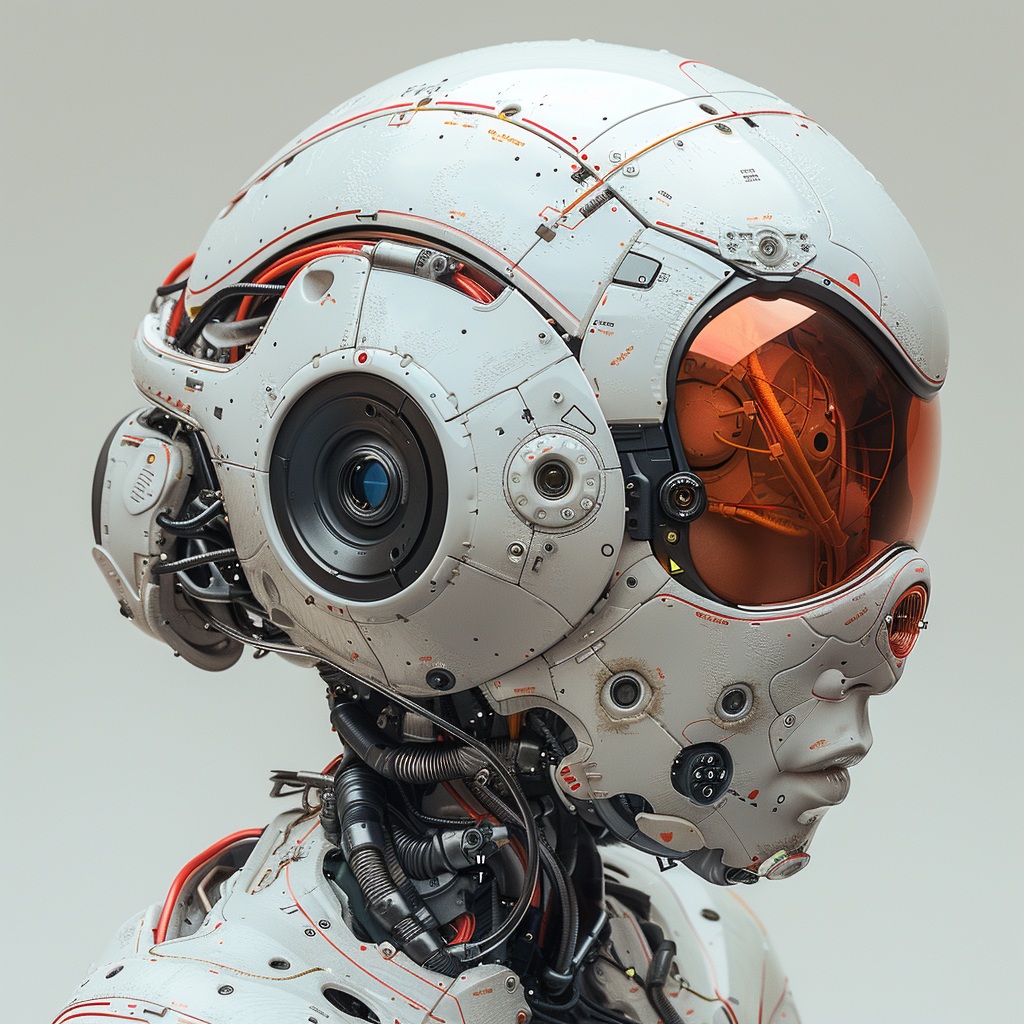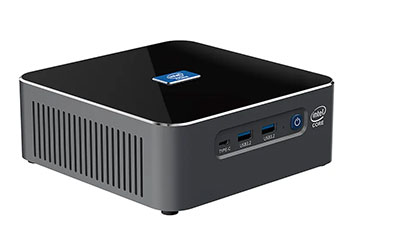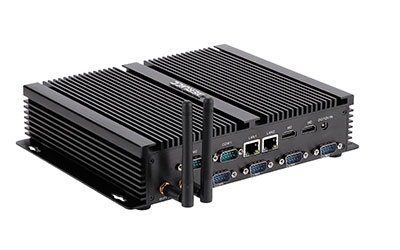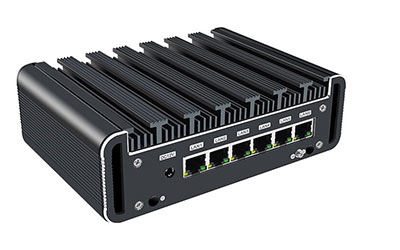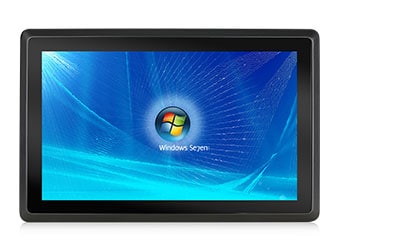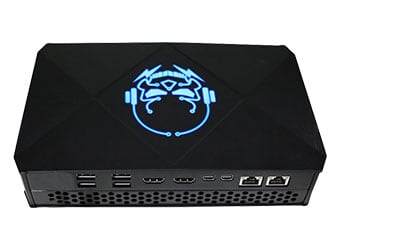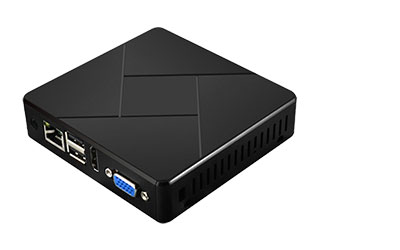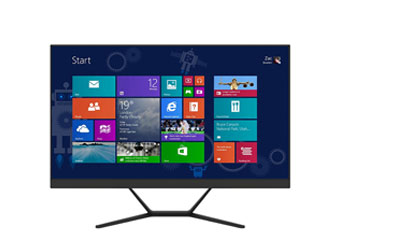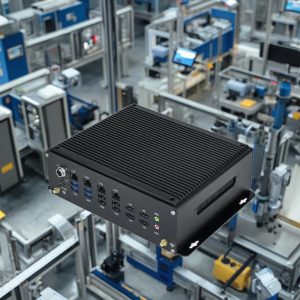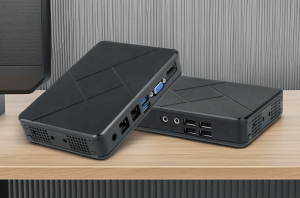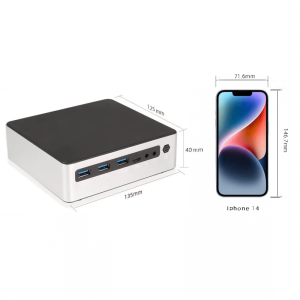Table of Contents
ToggleThe hottest topic in the IT circle in 2023 is AI, and it will continue in 2024. Different from the past, large models and AIGC make AI more “practical” on the user side. Hence, alongside the enhancement of AI computational prowess in the cloud and the advancement of intelligent computing, there has also been a surge in AI adoption at the end-user level. AI technology in personal computing (PC) has transitioned from being a mere concept to becoming an essential “standard feature,” extending its reach across a wide array of products including PCs, mobile phones, and even automobiles.”.
Nearly every original equipment manufacturer (OEM) has established their designs, with projections indicating the unveiling of over 200 new models in 2024.
Notably, AI integration on personal computers has been underway for several years, resulting in the development of applications like intelligent noise reduction, background replacement for video conferencing, and performance optimization.
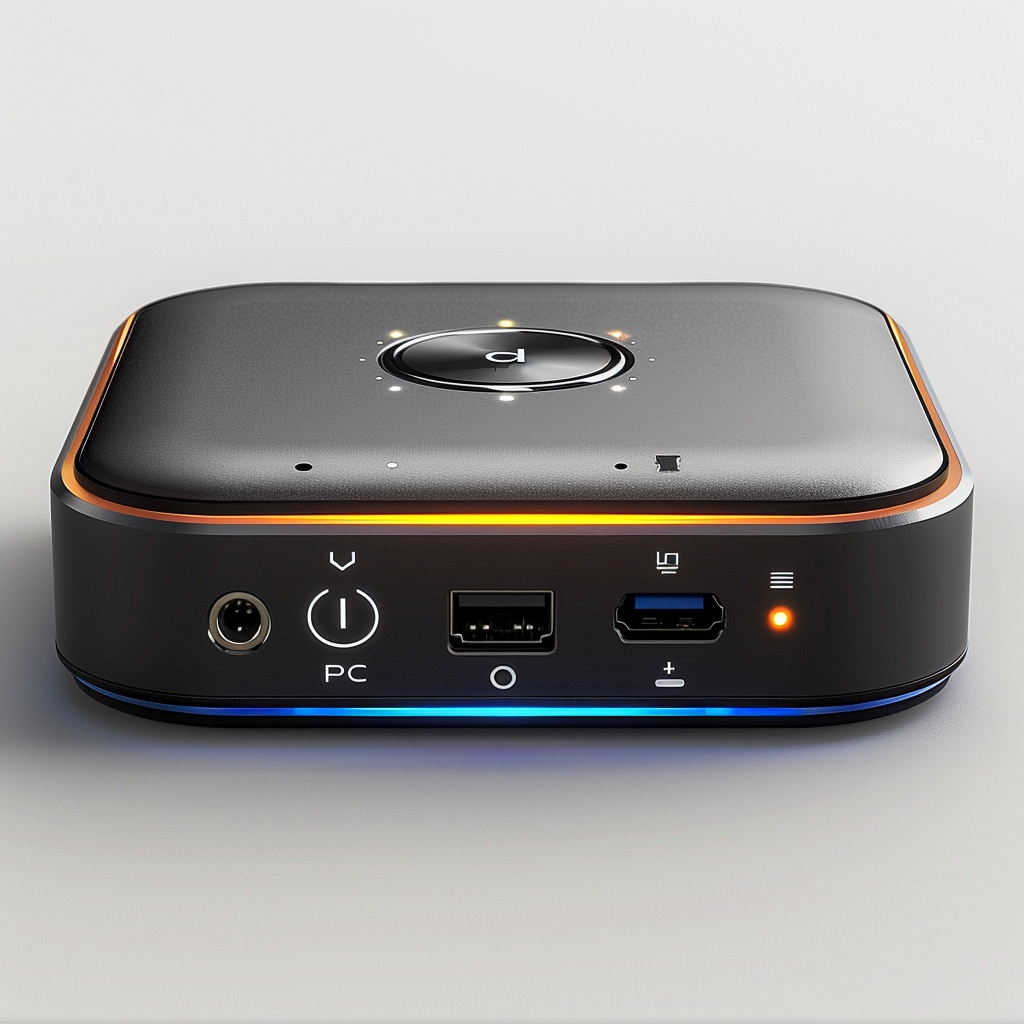
After years of progress, it’s evident that AI applications on personal computers are becoming increasingly sophisticated, offering users more intelligent and enriched experiences in scenes such as office and entertainment. However, when it comes to AI-powered personal computers, presenting “innovation” and “distinctiveness” has emerged as an unavoidable challenge.
Therefore, regarding the development of AI computers, although the entire ecosystem is being laid out, people inside and outside the industry hold different views on this “new concept”, some are actively promoting it, and some are not so optimistic. What are the major perspectives of leading models regarding the evolution of AI on personal computers in 2024, considering it as one of the most significant disparities compared to traditional edge-side AI? Let’s take a look.
The following are the eight predictions given by the large model (the content has been slightly edited, and the pictures in the article were all generated by the large model):
1. Popularization of AI chips
According to market research company Gartner, by 2024, more than 50% of PCs will be equipped with AI chips. This implies that AI technology will gain wider acceptance and evolve into a standard component of computer hardware. The integration of AI chips will deliver enhanced data processing capabilities to PCs, boosting operational efficiency and offering users a seamless and more intelligent experience.
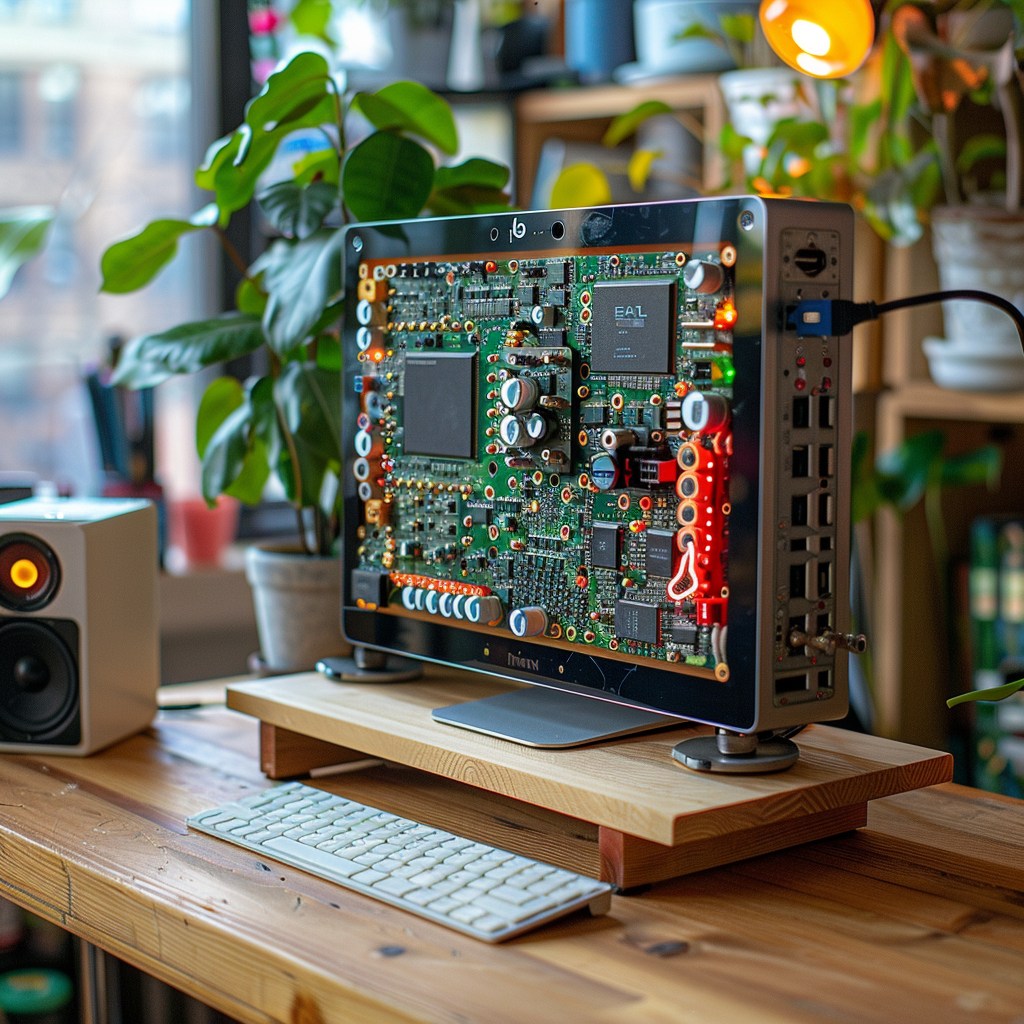
2. Voice assistant and intelligent interaction
In 2024, significant advancements are anticipated for voice assistants as a pivotal component of AI on personal computers. According to Statista data, the global voice assistant market is expected to reach US$18.32 billion by 2024, with a compound annual growth rate of 15.6%. With the continuous advancement of voice recognition technology, users will be able to complete complex operations through simple voice commands, further improving work efficiency.
3. Intelligent cooling and energy-saving technology
The widespread adoption of AI chips has presented a significant challenge for PC manufacturers: effectively managing heat dissipation. According to market research company IDC, by 2024, more than 75% of PCs will use liquid cooling technology. Liquid cooling systems have the potential to markedly decrease the operating temperature of PCs, enhancing stability and reducing noise levels, thereby fostering a more user-friendly environment. Furthermore, the integration of energy-saving technology is poised to emerge as a key focus for future PC development, facilitating cost savings for users in terms of energy consumption.
4. Personalization and customization
As consumers growing demand for personalization, AI computers will pay more attention to user-customized experiences. Users have the flexibility to select and customize everything from the outward aesthetics to the internal hardware configuration based on their requirements and preferences.
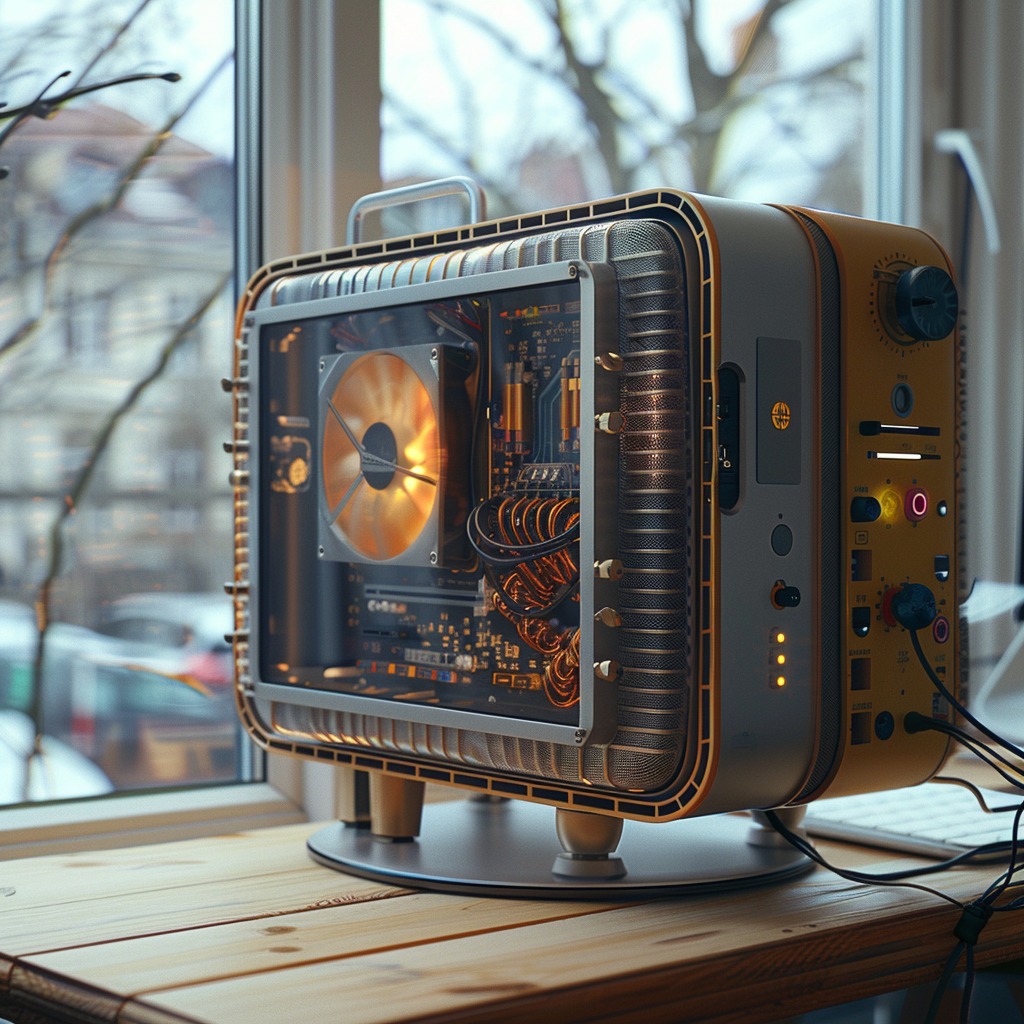
The introduction of AI technology will make computers more intelligently adapt to users’ usage habits and scene needs, and provide more personalized services.
5. Cloud integration and edge computing
In the development process of AI computers, cloud integration, and edge computing will become key technologies. By moving data storage and processing power from centralized data centers to edge devices, users can achieve faster response times and lower latency. This will bring users a smoother and more efficient experience. At the same time, cloud integration and edge computing will also provide AI computers with more powerful scalability and customizability to meet the needs of different industries and scenarios.
6. Biometric identification and security enhancement
As network security threats continue to escalate, AI computers will face greater security challenges. Biometric recognition technologies such as fingerprint recognition, facial recognition, and iris recognition will be widely used in AI computers to improve system security. Moreover, AI technology will be leveraged for identifying and safeguarding against network assaults, thereby guaranteeing the security of user data.
7. Incorporation of virtual reality (VR) and augmented reality (AR)
The utilization of virtual reality (VR) and augmented reality (AR) technologies is poised to become increasingly pivotal in AI-equipped personal computers (PCs). Integration of VR and AR with AI capabilities will offer users a heightened level of immersion and interactivity. For instance, in online shopping, AR technology allows users to virtually try on clothing items from the comfort of their homes. Similarly, within the realm of education, VR and AR technologies will furnish students with a more realistic learning environment. It is expected that by 2024, the VR and AR market size will reach US$30.9 billion, with a compound annual growth rate of 36.4%. The development of AI computers will further promote the popularization and application of VR and AR technology.
8. Ecosystem integration and collaboration
The development of AI computers is inseparable from the support of the entire ecosystem. In the future, PC manufacturers will pay more attention to cooperation and collaboration with software developers, content creators, and other related industries.
Through the establishment of a comprehensive ecosystem, we offer users a more extensive and varied service experience. At the same time, the ecosystem will also promote innovation and technological progress and promote the sustainable development of the entire industry.
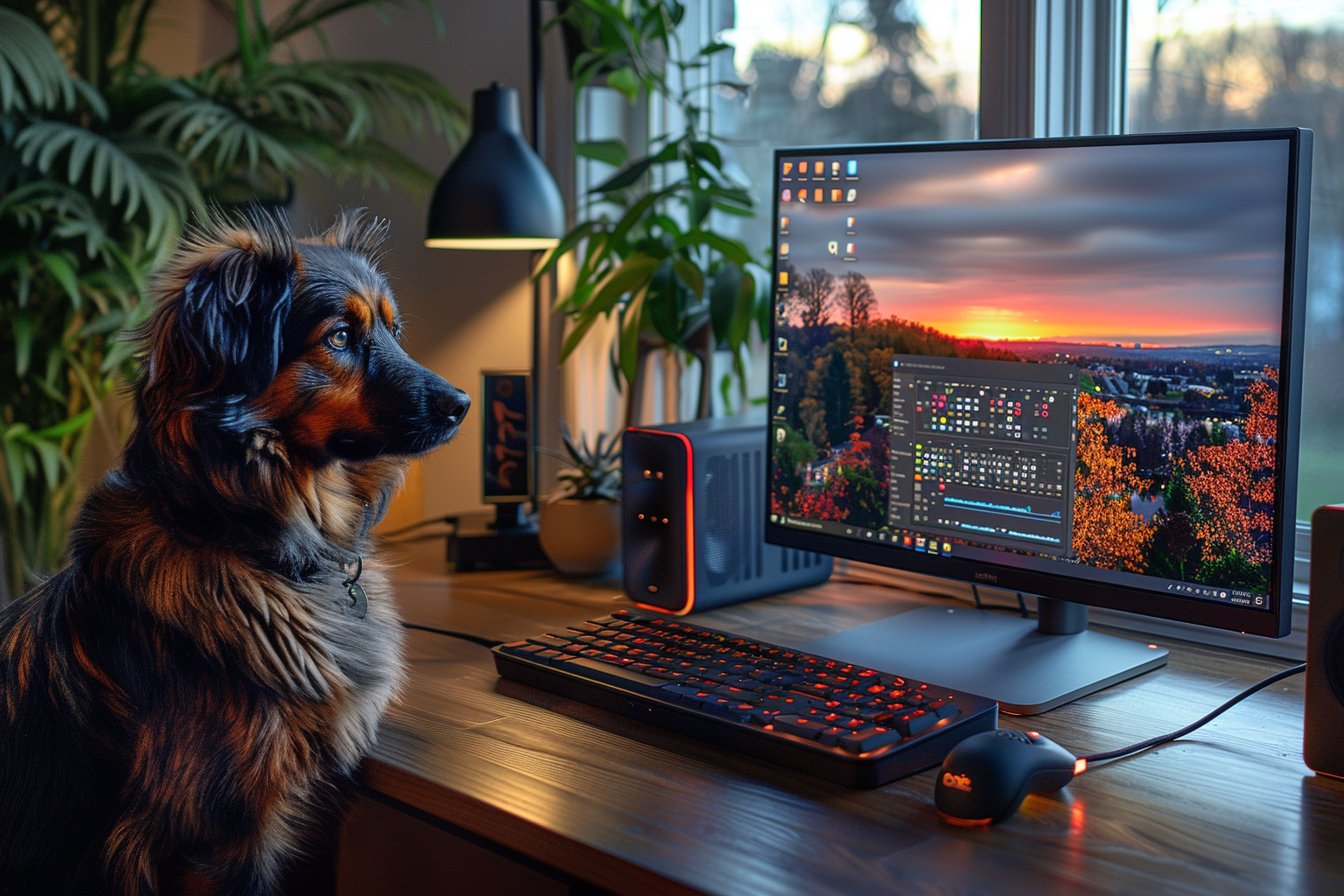
Write it at the end
The predictions of the large model are considered “reasonable and well-founded”, and a very important point mentioned is ecology. Regarding computational capabilities at the core level, PCs presently can sustain large local models with 20 billion parameters. However, users are increasingly seeking enhanced “media” elements, encompassing software and even application scenarios. – are needed to release this computing power. Therefore, whether it is Intel, NVIDIA, or AMD while improving computing power, they are embracing developers and transforming AI performance into productivity and experience based on user needs.
In 2024, the emergence of AI computers may bring the productivity and creativity of computers to a new level. It may also have the opportunity to create some “new” interaction methods or realize an intelligent experience of device-edge-cloud integration. At the same time, we must also see reality. While 2024 has been dubbed the “inaugural year of AI computers,” numerous devices may still be categorized as “AI Ready PCs.” Only through industrial alliances and collaborative efforts between software and hardware can the arrival of the “AI on PC” stage be accelerated. In light of the AI computer era foreseen by leading models, the future brims with endless opportunities. Let’s stay tuned and see what unfolds!
